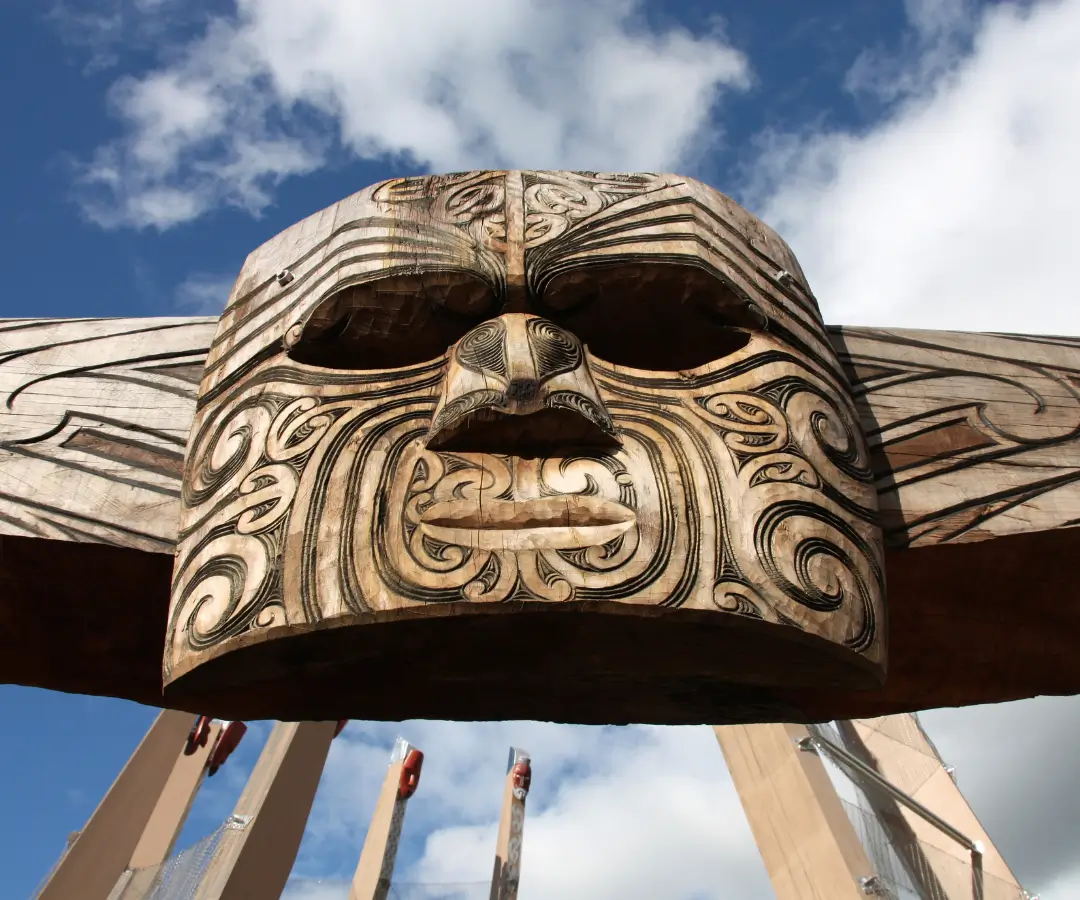
TUI AH LOO, CHIEF EXECUTIVE OFFICER
Recently Māori Television aired an episode of the excellent bilingual current affairs show, Marae, regarding the incarceration of women in Aotearoa New Zealand.
An appalling sixty-two percent of women in our correctional facilities are wāhine Māori.
When compared to the United States, Canada and Australia, Aotearoa has the highest rate of imprisonment of indigenous women, and the majority of these wāhine are aged between 16 and 29.
These facts are an indictment of our society and not something the tīpuna (ancestors) of these wāhine would want for their mokopuna! No child born in Aotearoa is born to fail; all children are born with the utmost potential. And yet in Aotearoa we are failing Māori, especially our wāhine, the very foundation of our whānau and communities.
While this reality doesn’t surprise me, it still fills me with dismay. As wāhine Māori myself, it has gone straight to my heart, where it sits as a leaden and ever-present weight. A reminder that we must do better by our rangatahi, our wāhine, and Māori.
Generally, the data presents a grim picture of Māori in the justice system. As Dame Sian Elias was quoted as saying when she was Chief Justice of the Supreme Court, “Māori imprisonment rates are a calamitous state of affairs for the health of our society.” (Hōkai Rangi, Department of Corrections (2019), p.8). In 2012, McIntosh and Radojkovic interviewed wāhine Māori in prison, aged 16-25 years. Their research hypothesised that intergenerational transfer of social inequalities had normalised harm and prison. This meant that for some, a prison pathway was becoming accepted as the norm and just a “part of life”. The research also suggested that gender-based solutions would be required to combat intergenerational inequalities and the normalisation of negative expectations.
We all know that the issues are complex with myriad contributing factors, but complexity is no just cause for inaction. We simply cannot assign human beings to the too-hard basket! In a world where equity is on more agendas than ever and great minds are debating the issues, we already know that a kaupapa Māori model of self determination with appropriate support works! At PARS we are recognised as having a niche role in working with at-risk clients in the justice system with our vision of creating and providing an environment that shifts the emphasis from service and programme delivery for tangata (clients), to providing a space and place for restoration and healing of intergenerational trauma and mamae (pain).
Aotearoa has a global reputation for being a strong, united, deeply caring nation, and PARS’ goals support those values. In disrupting the pipeline to prison for wahine, we will all undoubtedly face many challenges and will need to come at the issues from many angles. But without society’s focused attention on intergenerational disadvantage, this issue will inevitably drop from sight until the next time the spotlight is turned onto it. Let us make sure this is not the case! PARS will continue working hard for wahine entering the justice system and will not stop until the tide has turned and today’s young wāhine Māori can become tomorrow’s resilient, strong, proud wahine toa.